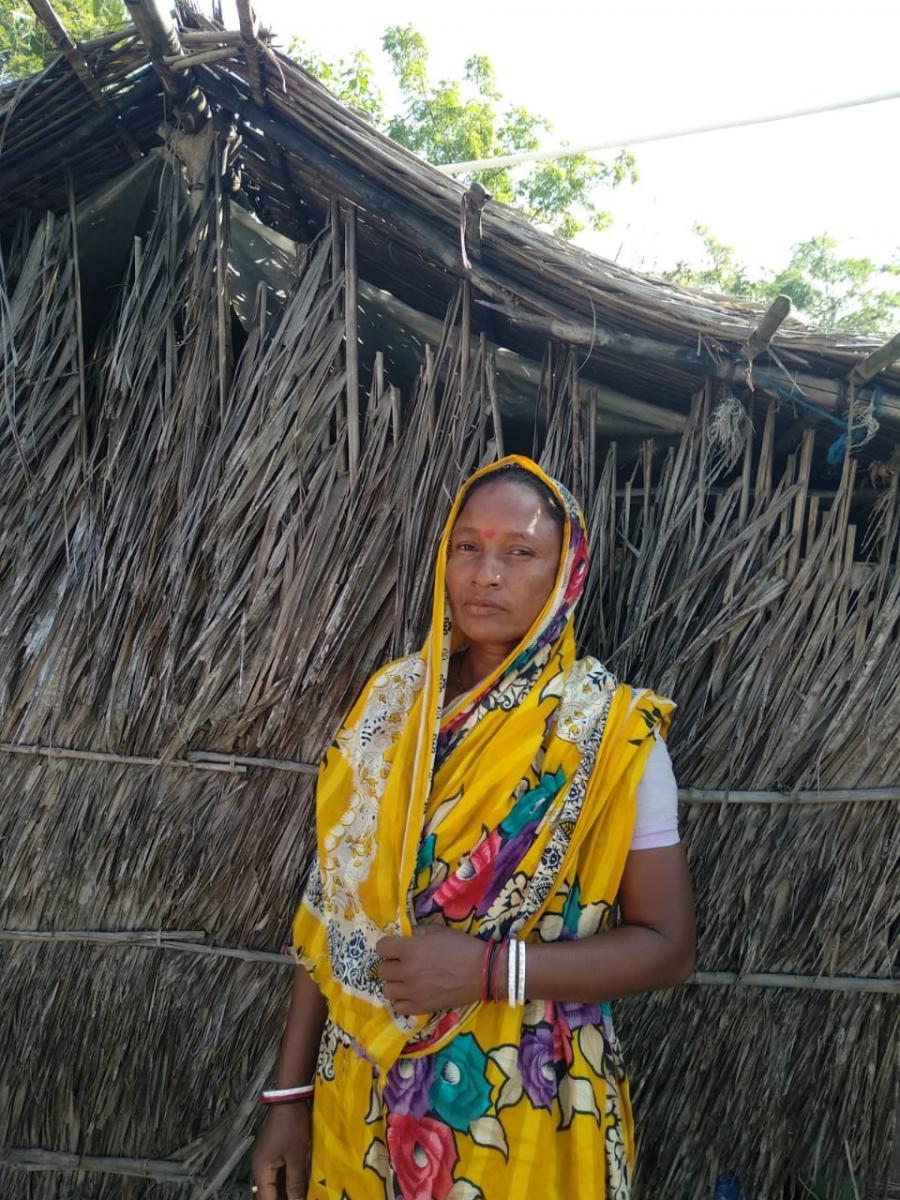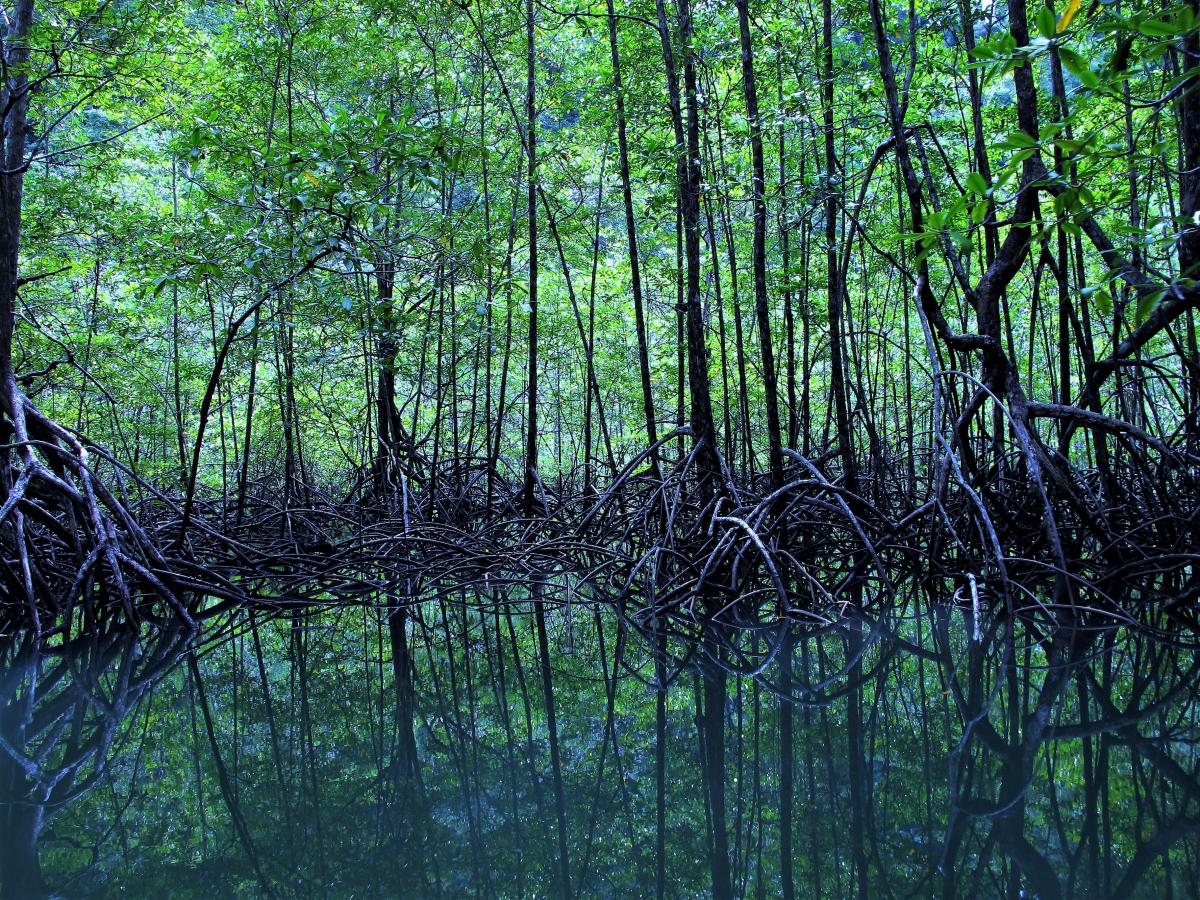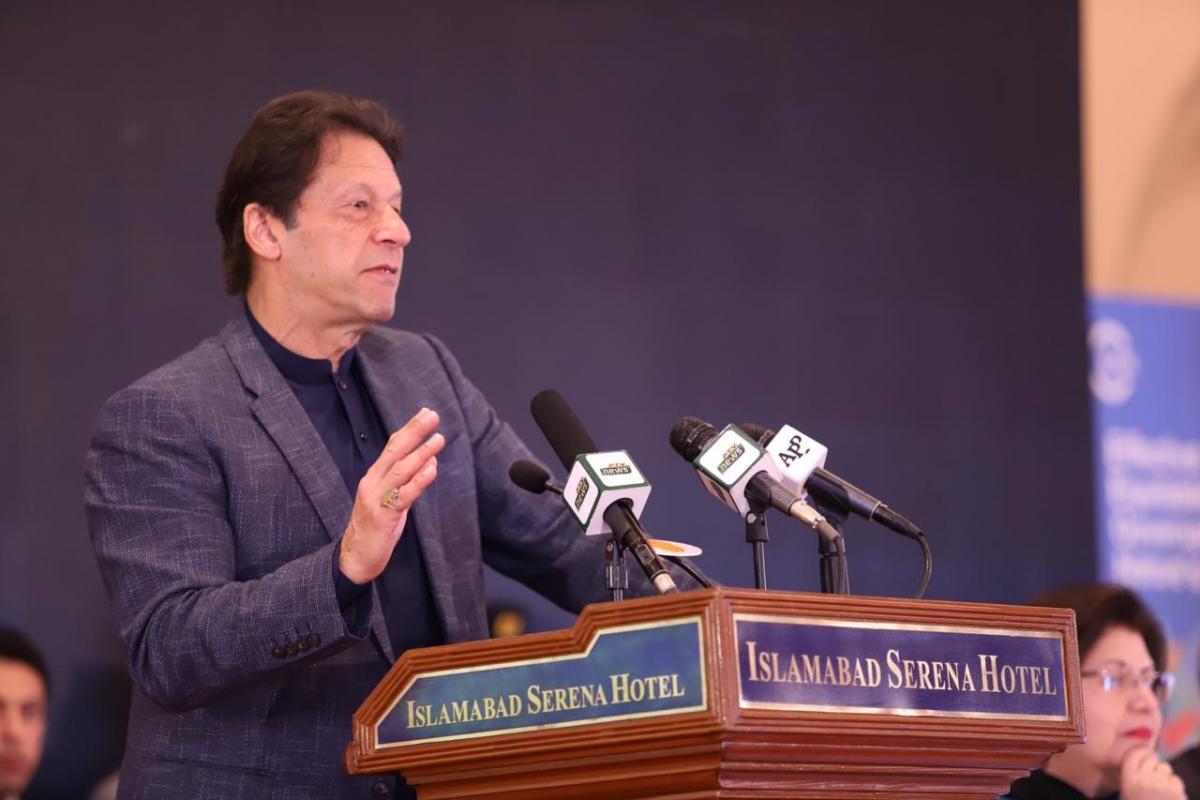Collaborative marine stranding network: Ocean Watch - Goa
In recent years, with increasing social awareness and interest in marine science, there has been an increase in reporting of stranding incidents of marine species in the media. In an effort to systematically document such marine stranding incidents along the entire Goa coastline and to support rescue and release of live marine cetaceans and turtles, IUCN India (under their Mangroves for the Future regional initiative), in partnership with Terra Conscious, the Goa Forest Department and Drishti Marine initiated a set of capacity building workshops for lifeguards and forest guardswhich led to the establishment of a Marine Wildlife Stranding Network, Ocean Watch - Goa, a pioneering public-private collaborative, structured network which provides comprehensive and continuous monitoring of the coast of Goa. The one year report of the stranding network has now been launched and is available online.
Goa with a coastline of approximately 105 km along the Arabian Sea, features beautiful bays, beaches, coral reefs and a diversity of riverine systems. Its coastal waters are home to the Indian Ocean Humpback Dolphin (Sousa plumbea), the Indo-pacific Finless Porpoise (Neophocaena phocaenoides), the Olive Ridley Turtle (Lepidochelys olivacea), along with some reports of the Green turtle (Chelonia mydas) and the Hawksbill turtle (Eretmochelys imbricata) - all of which are on the IUCN Red List of Threatened Species.
Globally, stranding of marine species such as turtles and cetaceans (i.e whales, dolphins and porpoises) is a common phenomenon. Countries such as the USA have sophisticated stranding response networks to manage and to collect data from such stranding incidents across their coastlines. Stranding incidents of marine species along the Indian coast are not a recent phenomenon. However, with increasing social awareness and interest in marine science, there has been an increase in reporting of such incidents in the media. Given the challenges in establishing and running networks that report and respond to stranding incidents, there has been a lack of systematic data collection and therefore no clear reasoning for the perceived increase in their frequency, as can be seen from summary reports of stranding incidents along the Indian coastline.
 Photo: Terra Conscious
Photo: Terra Conscious
In response to emerging needs and to better inform conservation strategies for marine species in Goa, Terra Conscious in collaboration with IUCN India (under their Mangroves for the Future regional initiative), Drishti Marine and Goa Forest Department initiated a set of capacity building workshops for lifeguards and forest guards in June 2017, and another set of refresher training workshops in June 2018. These workshops provided training on globally accepted marine stranding response protocols and led to the establishment of the Marine Wildlife Stranding Network, Ocean Watch - Goa, a public-private collaborative, structured network which provides comprehensive and continuous monitoring of the coast of Goa, with the aim of systematically documenting stranding data that can be used to inform better conservation strategies for marine species in Goa.
 Photo: Terra Conscious
Photo: Terra Conscious
The one year report of the stranding network has documented 115 strandings along Goa coastline alone. Cetaceans accounted for 32% of these strandings with the Indian Ocean Humpback Dolphin being the most common. Marine turtles accounted for 68% of the strandings with the Olive Ridley being the most common. The network reported 21 live strandings of turtles that were rescued and moved to a facility for their care by the Forest Department.
The stranding network will continue to work along the coastline of Goa, and plans to carry out capacity building of wildlife veterinarians using practical demonstrations in the future.
For more information on the stranding network, please click here or contact Dr. N.M. Ishwar (Programme Coordinator, IUCN India): nm.ishwar@iucn.org
For more information on the MFF programme, please visit the MFF website.






